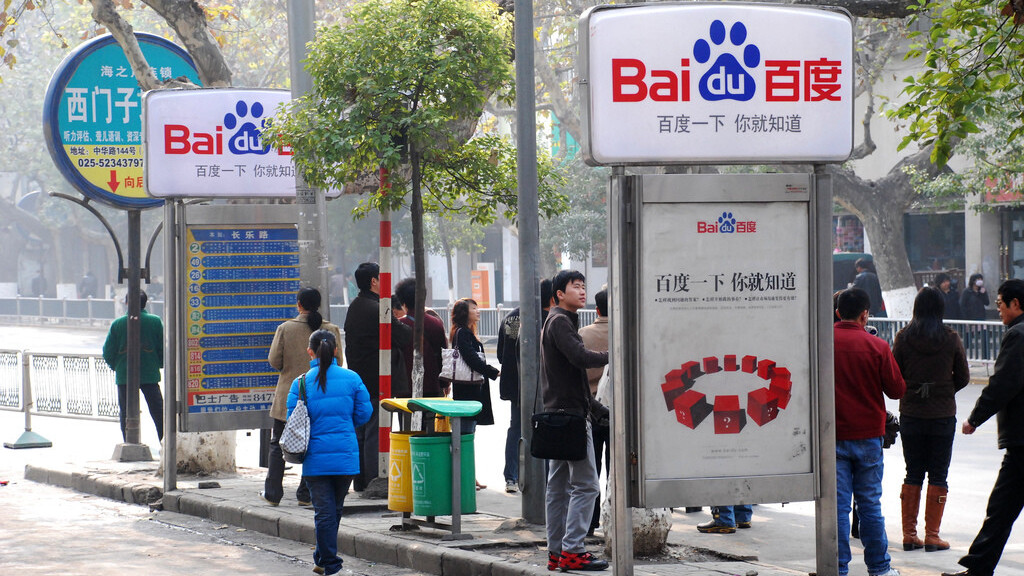
Chinese search giant Baidu has officially opened the doors on its new Singapore-based research centre, signalling its intention to develop local services for Southeast Asia and expand its presence across the region.
Initially announced in February, Baidu launched the Baidu-I2R Research Centre (BIRC) to develop technologies and information that will regionalise its Web products for Southeast Asia, which is sure to include its flagship search engine.
Today, it has officially opened the center alongside joint partner the Institute for Infocomm Research (I2R), a research arm of Singapore’s Agency for Science, Technology and Research (A*STAR), which will use the premises to carry a range of language and speech-related research.
More specifically, Baidu explains that it has developed a plan for the BIRC which will see it focus on Southeast Asian language resources, natural language processing, information retrieval and information extraction, and speech information processing. These technologies, it says, will “enhance its products and services in Southeast Asia”.
In less technical words: Baidu is coming, and its aiming local.
With the firm owning some 80 percent of the domestic search market in China with a portfolio of popular Google-like Web services, it is looking overseas to push on. Baidu has immediately focused on Southeast Asia, where it identifies synergy through the region’s Chinese ancestry and sizeable Chinese diaspora.
Rather than quickly roll out its Chinese search engine, or an English equivalent, the BIRC will help the company develop localised products designed to appeal to mass audiences and go beyond being a Baidu-service in ‘country X’.
The BIRC is the next phase in Baidu’s Southeast Asia plan, which kicked off when the firm introduced a series of selectively chosen services aimed at giving it an initial understanding of the landscape of the region’s most promising markets.
The most recent foray saw its Tieba Web forum launch in Vietnam, following in the footsteps of Web directory Hao123, which also operates in the country and neighbouring Thailand.
Some research under its belt, Baidu is returning with a plan to learn more about the region and no doubt the research centre will lead to some significant new services enter Southeast Asia.
There’s plenty of evidence showing the potential of Southeast Asia, where the rapid growth in smartphone sales is bringing regular Internet access to increasing numbers of people. Controversial German incubator Rocket Internet was the first outsider to make a strong push, and it now employees thousands across some 8 countries where it has more than half a dozen services. It’s even moved into comparatively undeveloped Internet markets like Cambodia and Myanmar.
Unlike Rocket’s mantra of getting in quick, scaling up and selling off services, Baidu appears to be treading a more thoughtful line, with the aim of providing long lasting and, of course, revenue generating entries.
The company is also active in other emerging markets. It runs Q&A site Zhidao in Egypt and is reportedly gearing up to land in Latin America, with media in Brazil claiming the firm is preparing an office in Sao Paulo. Though its progress is these regions is at an earlier stage than that in Southeast Asia, Baidu says Arabic and Portuguese are also scheduled for research at the BIRC.
Baidu rival Tencent is already active in Thailand, having spent $10.5 million on a 49 percent share in Web firm Sanook, and it recently set up shop in Indonesia. These partnerships are being used to seed Tencent services — such as mobile messaging app WeChat — and the firm is thought to be eyeing other opportunities in neighbouring markets.
Image via Flickr / Josephj
Get the TNW newsletter
Get the most important tech news in your inbox each week.




